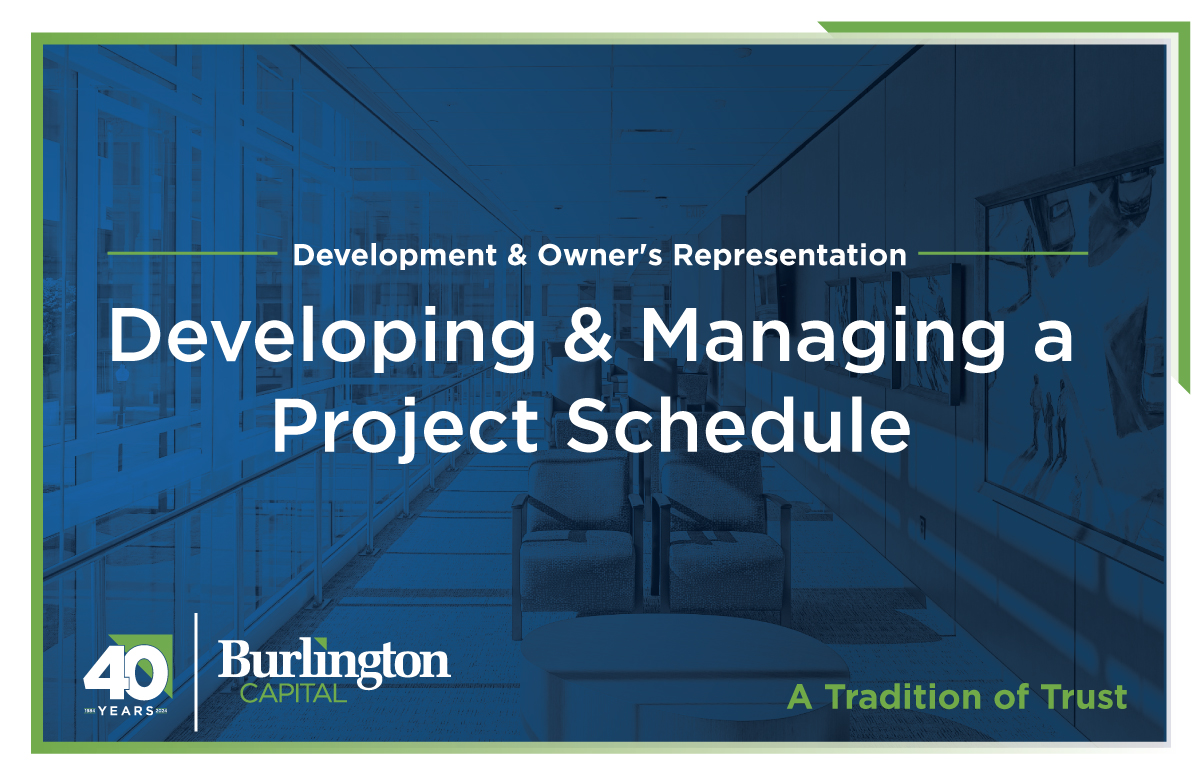Developing and Managing a Project Schedule in Real Estate Development
Real estate development is a multifaceted endeavor that requires meticulous planning and effective project management. A crucial component of this process is the development and management of a project schedule. In this article, we will delve into the intricacies of crafting a successful project schedule for real estate development and the essential principles for its effective management.
The Significance of a Project Schedule
A well-defined project schedule is the compass that guides a real estate development project from conception to completion. It is a comprehensive roadmap that outlines the project’s tasks, timelines, and dependencies. Here are some key aspects highlighting its significance:
- Time Efficiency: A project schedule helps to ensure that every task and milestone is completed efficiently, reducing delays, and optimizing project timelines.
- Resource Management: By assigning resources to each task, the development can help to ensure that the right people and materials are available when needed.
- Communication: A project schedule helps facilitate effective communication among team members, stakeholders, and contractors, helping ensure that everyone is on the same page.
- Risk Mitigation: A well-crafted schedule can help proactively mitigate risk by identifying potential roadblocks and delays in advance.
Crafting a Project Schedule
Developing a project schedule in real estate development requires a methodical approach. Here are the steps to create an effective project schedule:
- Define Project Scope: Begin by clearly defining the scope of the project, including objectives, deliverables, and key milestones.
- Task Identification: List all the tasks required to complete the project. This includes everything from land acquisition and permitting to design, construction, and closeout.
- Sequence Tasks: Determine the order in which tasks need to be performed. Some tasks may be sequential, while others can be carried out concurrently.
- Estimate Durations: Estimate the time required to complete each task. It’s essential to be realistic in these estimates, accounting for potential delays.
- Identify Dependencies: Recognize the interdependencies between tasks. Some tasks may rely on the completion of others before they can begin. Laying this out correctly allows the schedule to change and update as the development progresses.
- Allocate Resources: Assign the necessary resources, including personnel, equipment, and materials, to each task.
Effective Project Schedule Management
Creating a project schedule is just the beginning; managing it effectively is equally crucial:
- Regular Monitoring: Continuously monitor the progress of each task and compare it to the schedule. Identify any delays or deviations and address them promptly.
- Targets: Assigning target bars to each task will provide an immediate visual queue that the schedule has improved or changed and allows for quick identification of problem areas.
- Communication: Maintain open and clear communication with all project stakeholders, including contractors, subcontractors, and team members. Buy-in from all team members is critical in holding these team members accountable.
- Contingency Planning: Develop contingency plans for potential delays or unexpected issues. This helps to ensure that the project can adapt to unforeseen challenges.
- Adjustments: Be prepared to make adjustments to the schedule as needed. Real estate development projects are dynamic, and flexibility is key.
- Documentation: Keep detailed records of all project activities and decisions, providing a historical reference for future projects.




